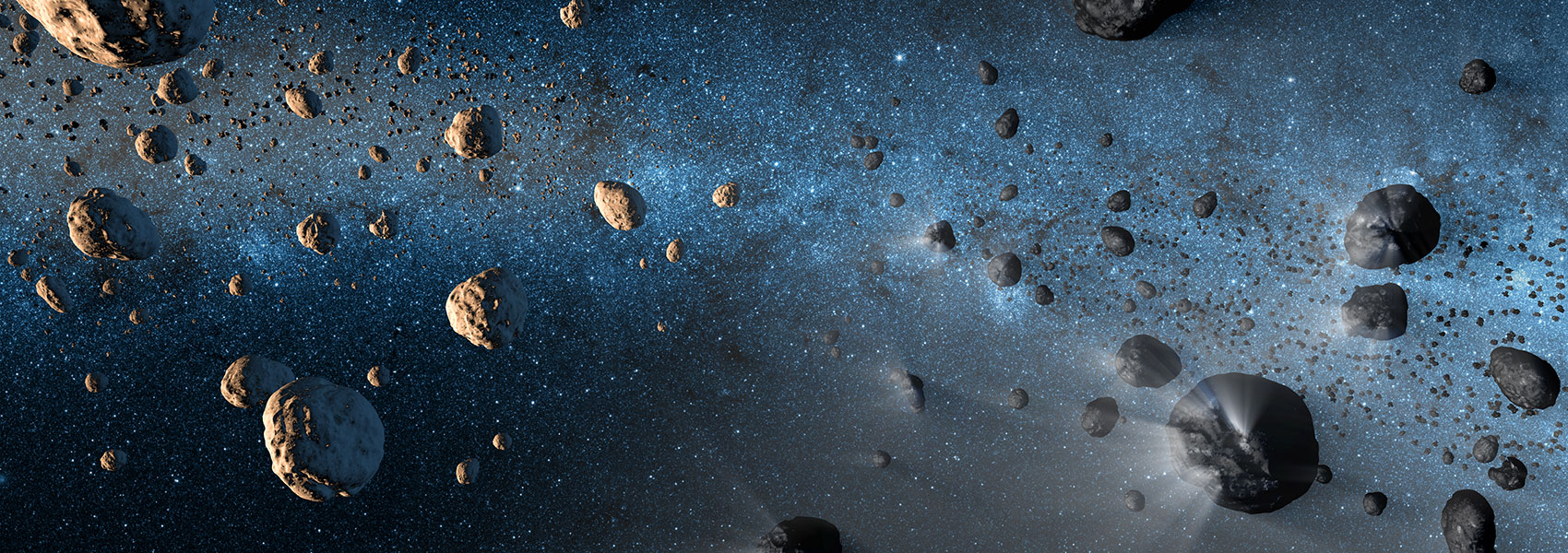February
2014
•
2014MNRAS.438..368T
Authors
•
Takáts, K.
•
Pumo, M. L.
•
Elias-Rosa, N.
•
Pastorello, A.
•
Pignata, G.
•
Paillas, E.
•
Zampieri, L.
•
Anderson, J. P.
•
Vinkó, J.
•
Benetti, S.
•
Botticella, M. -T.
•
Bufano, F.
•
Campillay, A.
•
Cartier, R.
•
Ergon, M.
•
Folatelli, G.
•
Foley, R. J.
•
Förster, F.
•
Hamuy, M.
•
Hentunen, V. -P.
•
Kankare, E.
•
Leloudas, G.
•
Morrell, N.
•
Nissinen, M.
•
Phillips, M. M.
•
Smartt, S. J.
•
Stritzinger, M.
•
Taubenberger, S.
•
Valenti, S.
•
Van Dyk, S. D.
•
Haislip, J. B.
•
LaCluyze, A. P.
•
Moore, J. P.
•
Reichart, D.
Abstract
•
We present ultraviolet, optical, near-infrared photometry and spectroscopy of SN 2009N in NGC 4487. This object is a Type II-P supernova with spectra resembling those of subluminous II-P supernovae, while its bolometric luminosity is similar to that of the intermediate-luminosity SN 2008in. We created SYNOW models of the plateau phase spectra for line identification and to measure the expansion velocity. In the near-infrared spectra we find signs indicating possible weak interaction between the supernova ejecta and the pre-existing circumstellar material. These signs are also present in the previously unpublished near-infrared spectra of SN 2008in. The distance to SN 2009N is determined via the expanding photosphere method and the standard candle method as D = 21.6 ± 1.1 Mpc. The produced nickel-mass is estimated to be ∼0.020 ± 0.004 M⊙. We infer the physical properties of the progenitor at the explosion through hydrodynamical modelling of the observables. We find the values of the total energy as ∼0.48 × 1051 erg, the ejected mass as ∼11.5 M⊙, and the initial radius as ∼287 R⊙.
Links



